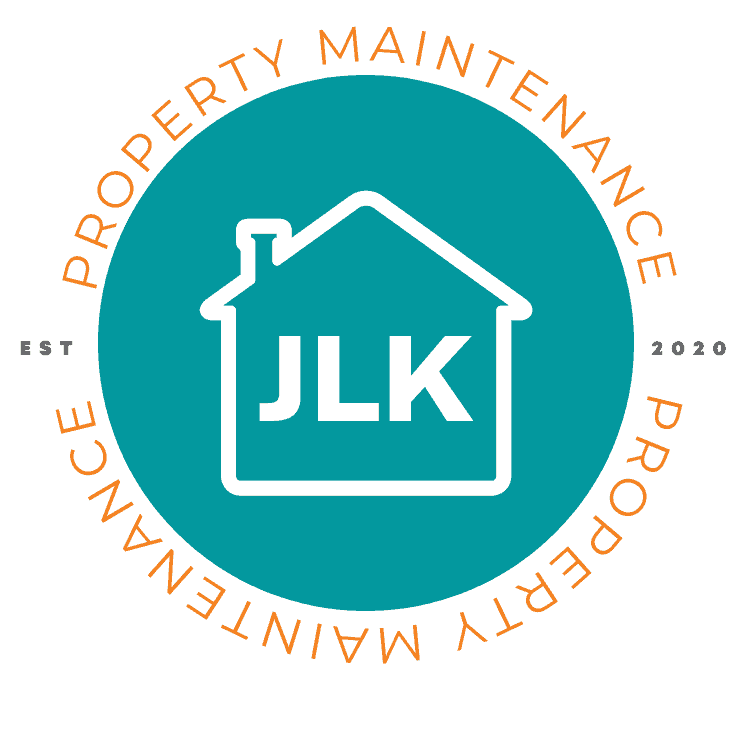Remortgaging
Fixed rate coming to an end?
Rates have gone up since the last time you took out a mortgage. You’re concerned about how much it might cost. But don’t worry, you’re not alone. Get in touch and I’ll support you all the way through to your new mortgage completion.
Or maybe your current lender might has sent you a renewal offer with new rates…
Should you take this offer?
Well, that depends.
If your financial circumstance have gone seriously downhill since you took out your last mortgage then it probably is worth sticking with them. There won’t be any affordability checks as long as you’re not trying to borrow more. I can complete this for you with no cost to yourself and you’d be sure you’re getting the lowest rate.
If your financial circumstances have stayed the same or have become better…. you’d be crazy to not check with a Mortgage Advisor. Chances are there is a better deal for you out there!
Good News for you is that you’re in a great position. This is because: Mortgage offers are valid for 6 months!
Put simply, you can apply for a mortgage today and get that rate locked in. Then when you’re ready to move forward you can do another quick easy check to see if it’s still the best rate.
No need to worry about rising or lowering interest rates during your remortgaging period.
Get in touch now using the form above, or the link below and put your mind at ease!
What does it mean to remortgage?
Remortgaging means switching your existing mortgage to a new plan with either your current lender or changing to a different one.
Switching to a different rate with your current lender is known as a product transfer.
If you choose to remortgage with a new lender, they cover the debt from your old mortgage, transferring it over to them.
Comparing all the offers available on the market could land you a much more favourable deal; however, it’s also wise to see if your current lender can provide a more competitive offer, a good Mortgage Adviser will do this for you.
When is it a good idea to remortgage?
The main reason homeowners want to remortgage is to save money. Generally 2-5 years into your mortgage term your initial fixed-rate or discounted period finishes, then interest rate switches to the standard variable rate (SVR), usually increasing your monthly payments by a lot. This is the point when people look to remortgage.
What else might prompt you to consider remortgaging?:
- You’re worried that interest rates might be about to shoot up
- Lower interest rates than when you started your mortgage, enabling you to secure a more economical plan.
- Wanting to use some of your property’s value for big projects like home improvements
- Wanting to use equity to consolidate debts (seek advice from financial or debt advisers if considering this).
- An increase in your property’s value and a higher amount of equity, enabling access to better deals and lower loan-to-value (LTV) rates
- A preference for a more extended fixed interest term for stability, possibly switching from a two-year to a five-year fixed rate.
- No longer wishing to commit to a long fixed-rate term, opting instead for a shorter term or a fluctuating one.
When is remortgaging not advisable?
Remortgaging might not always be the best choice, particularly if your financial circumstances have worsened or your home’s value has decreased since getting your current mortgage. You might find it challenging to secure more affordable rates in cases of reduced income or a lower credit score.
During a remortgage application, lenders scrutinise your financial capacity strictly. They might hesitate to offer extended terms to older applicants. However, even if extending your term isn’t viable, a cheaper remortgage deal might still be possible.
Keep in mind that transferring your mortgage to a new property isn’t always an option. If you plan to relocate soon, ensure your remortgage can accompany you.
Exiting your current deal prematurely, especially during the lender’s binding period, might incur an early repayment fee, a portion of the remaining mortgage debt, which decreases over time. Therefor, understanding your current provider’s terms and potential charges is essential, which is where a good Mortgage Adviser really comes into their own.
If your remaining mortgage is minimal, bear in mind that some lenders set a minimum loan amount, usually £25,000, for a remortgage.
How to go about remortgaging?
Whether you’re transferring to a new lender or sticking your current one, having your recent financial information ready is crucial when applying. This information includes:
Recent three-month payslips as income proof.
Latest tax returns if you’re self-employed.
Bank statements from the past three years and the most recent P60 tax form.
In case of a joint remortgage, both parties need to provide these documents along with proof of ID and address.
Staying with your present lender and merely changing plans is simpler, especially if there are no other alterations to your mortgage, involving less paperwork.
Upon providing all necessary details and meeting the lender’s criteria, the remortgage gets approved, allowing you to commence with the new repayment scheme.
How much time does remortgaging take?
Typically, remortgaging takes a few weeks, although it can extend if paperwork delays occur. The majority of that time is the lender checking over paperwork. For you personally it shouldn’t be more than an hour or two, time spent with your mortgage adviser making sure they have all the details to get you the best deal
Therefore, starting your remortgage research and application 3-6 months before your existing contract ends is sensible. This proactive approach helps in a smooth transition from your old to your new deal at the expiration of the former.
Is early remortgaging possible?
Yes, but remortgaging during the initial discounted phase might entail a hefty penalty known as an early repayment charge, which can be a substantial amount. Hence, understanding this charge, its magnitude, and its applicable period is super important to determine the ideal timing for remortgaging.
Can you remortgage with a poor credit score?
Having a great credit score makes securing favourable mortgage deals easier. However, whilst a lower score might limit your options, it shouldn’t prevent you from obtaining a remortgage. There are specific lenders specialising in assisting individuals with bad credit in obtaining mortgages.
If your credit history is significantly impaired, your first option might be to remortgage with your existing lender, particularly if you’ve been consistent with repayments and don’t intend to alter your mortgage aside from getting a better deal. While shifting to another lender isn’t ruled out, you’d undergo the same financial assessments as any new mortgage applicant.
Before seeking a mortgage, check your current credit score. If unsatisfactory, you can undertake measures to enhance it, like settling existing debts or registering on the electoral roll.
Let’s dive into the process you’ll go through, step by step.
With a clear understanding of your budget, you can start your exciting property search. Explore listings from different estate agents as they often have different options available. Don’t hesitate to ask questions about the local areas and the condition of the properties you’re interested in.
When you finally find your dream home, it’s time to make an offer! The great news is that with your DIP secured, you’re in an excellent position to make a solid offer on the property. Once your offer is accepted, it’s time to move forward with your application.
Your mortgage adviser will guide you through the full mortgage application process. This is when the lender will also arrange for a mortgage valuation to ensure everything is in order
The solicitors or conveyancers will handle the legal side of things.
They will draw up contracts for the purchase and carefully check all the details to ensure accuracy. They’ll look out for any tricky clauses in the title deeds and examine leases for potential future issues.
Exciting times ahead!
Your solicitor and the seller’s solicitor will exchange contracts. At this stage, you haven’t made the full payment yet, but you have legally agreed to buy the property on a specific date. This is also when you hand over your deposit money and must have buildings insurance
The big day has arrived! Completion takes place once you’ve exchanged contracts and paid for your new home in full. The money is transferred to the seller’s solicitor, and finally, the keys are released to you. It’s time to celebrate and step into your new home!
Why Stamford Home Finance?
- Raising the standards of financial advice
- Friendly, personable advice
- Making financial advice accessible to all
- Trusted & stress-free financial advice








As seen in:



















